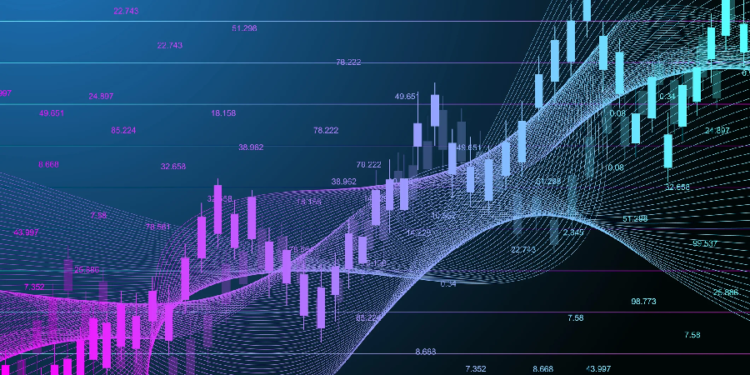The distinction between forex and futures trading in the UK

The UK is home to some of the world’s leading financial markets. The two most popularly traded products are forex and futures, which offer investors the potential for profit and risk management. This article will discuss the critical differences between these two types of trading so that traders can make informed decisions about their investments.
Trading hours
Forex markets trade around the clock, five days a week, with no closing times or holidays, while futures markets open locally in the UK and close after a set number of hours (usually 4 pm). As such, they provide more limited flexibility than forex trading when it comes to when traders can trade.
Leverage
Forex trades generally offer more leverage than futures, allowing investors to control large amounts of money with small capital investments. On the other hand, futures markets typically limit traders to a maximum of 20:1 leverage.
Commissions and Fees
Unlike forex trading, which usually requires no commissions or fees apart from spreads (the difference between buy and sell prices), futures trading often involves transaction costs such as commissions when entering or exiting a trade.
Regulation
Futures contracts are traded on open exchanges regulated by the UK Financial Conduct Authority (FCA), whereas forex markets operate without centralised exchange oversight. As such, forex brokers can set their own rules for trading, which may not comply with the FCA’s regulations.
Market makers
Forex trading often involves market makers who provide liquidity and pricing at their discretion, while futures contracts are traded on open exchanges that require strict adherence to specific rules. This difference can mean greater transparency in the case of futures trading, as traders have access to real-time order books and price threads providing up-to-date information on the markets in which they are investing.
Margin requirements
Due to leverage, forex traders need to put up only a small deposit or “margin” to gain control of a large sum of money for trading purposes. Futures traders must meet higher margin requirements set by the exchange on which the trade is conducted and may have to pay additional costs such as margin interest and account maintenance fees.
Settlement terms
In forex trading, the settlement of trades is immediate, meaning that profits or losses are realised immediately after a trade is closed out. In contrast, futures contracts have predetermined settlement dates and may take longer to realise profits or losses.
Contract sizes
Forex traders can choose from a wide range of contract sizes depending on their risk appetite or financial resources; however, futures contracts generally only come in standardised sizes as stipulated by the exchange.
Trading instruments
Forex traders can invest in various instruments, currencies, commodities and stocks. Futures traders are limited to investing in only commodities and financial products, such as government bonds or stock indexes.
Price movements
Forex markets tend to move more volatile and unpredictable ways than futures markets, which are usually driven by news and events. Forex traders may need to be more active in managing their positions and adjusting their risk strategies accordingly.
What are the benefits of trading futures over forex?
Greater transparency and regulations
Since futures are traded on open exchanges, there is greater market transparency than forex. Additionally, these markets are highly regulated by the FCA and other regulatory bodies to protect market participants’ rights and interests.
Lower fees and commissions
Due to the standardised nature of futures contracts, traders may incur fewer fees when trading them as forex markets. Furthermore, as forex brokers do, most futures brokers charge a flat fee for each transaction rather than a commission or spread-based model.
Low margin requirements
Compared with forex markets which require a substantial amount of capital to get started, futures traders need only meet lower margin requirements set by the exchange. Therefore, traders can get started with less capital while still being able to access and trade in larger markets.
Reduced risk of slippage
In forex trading, market conditions can cause prices to move quickly and unexpectedly, resulting in slippage, which may incur losses for traders. Futures exchanges have more stringent rules regarding price movements and require more rapid execution of orders, reducing the risk of slippage.
Click here to trade futures with Saxo Bank.






